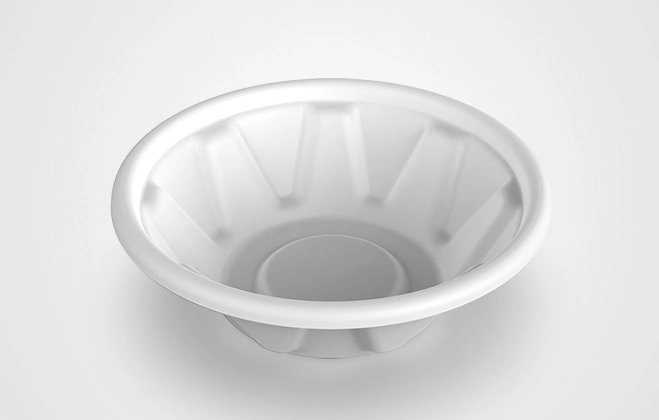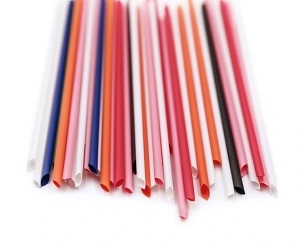In an era where environmental consciousness takes center stage, our choices as consumers play a pivotal role in shaping a sustainable future. One significant shift towards eco-friendly alternatives is the adoption of straws made from plants. In this blog post, we embark on a journey to understand the eco-friendly aspects and benefits of choosing straws made from plants.
The Green Revolution in Sipping Solutions
The traditional plastic straw has long been a symbol of convenience, but its environmental impact has raised concerns globally. Straws made from plants offer a compelling alternative. Typically crafted from materials like polylactic acid (PLA), derived from renewable resources such as corn or sugarcane, these straws are designed to be biodegradable. This shift from petroleum-based plastics to plant-derived materials represents a significant stride in the pursuit of sustainable and eco-friendly sipping solutions.
The production and disposal of traditional plastic straws contribute to pollution and harm ecosystems. Straws made from plants aim to reduce this environmental burden by offering a biodegradable and compostable option. As consumers become more conscientious about their ecological footprint, the demand for sustainable alternatives like straws made from plants is on the rise. By choosing these straws, individuals actively participate in reducing their reliance on traditional plastics and supporting a more sustainable approach to single-use items.
The Journey from Soil to Sip
Straws made from plants trace their origins back to the bounty of nature. The raw materials, often sourced from agricultural crops like corn or sugarcane, undergo a transformation process to create the biodegradable material used in crafting these eco-friendly straws. This process not only minimizes the use of finite fossil fuels but also supports the concept of a circular economy, where resources are responsibly utilized, reused, and regenerated.
One of the defining characteristics of straws made from plants is their biodegradability. Unlike their traditional counterparts that linger in landfills for centuries, plant-based straws break down naturally. When disposed of in composting facilities or natural environments, microorganisms metabolize the material, converting it into environmentally benign components. This closed-loop system ensures that the journey of these straws concludes in an eco-friendly manner, leaving minimal traces of environmental impact.
In conclusion, straws made from plants represent a tangible and impactful step towards a greener and more sustainable future. By understanding the eco-friendly journey of these straws, we acknowledge the significance of our choices in promoting environmental well-being. As consumers, opting for straws made from plants empowers us to sip responsibly, aligning our daily habits with a commitment to a healthier planet. Let's raise our eco-friendly straws to a future where every sip contributes to the preservation of our environment, one plant-based choice at a time.
 English
English 日本語
日本語 한국어
한국어 français
français Deutsch
Deutsch Español
Español русский
русский português
português العربية
العربية ไทย
ไทย Malay
Malay




















